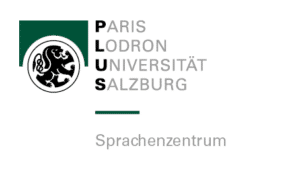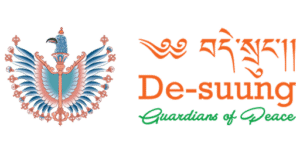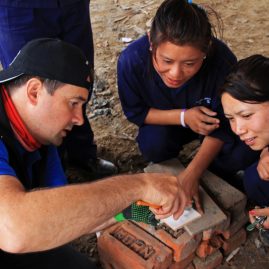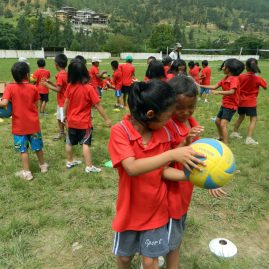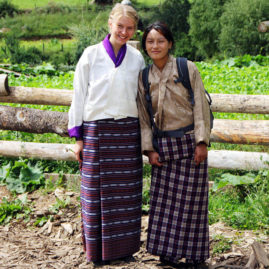This post is also available in: Deutsch (German)
BACKGROUND AND OBJECTIVES
Ulla Wegenkittl-Neumayer (MA)
Project management in Salzburg & German language in tourism
 Elisabeth Berger (PhD)
Elisabeth Berger (PhD)
Project advisor; expert, longstanding ‘German as a foreign language’ tutor to university-level students
 Ulrike Čokl (PhD)
Ulrike Čokl (PhD)
Program management Bhutan Network
Qualified German language teachers
 François-Xavier SAHUC, LL.M.
François-Xavier SAHUC, LL.M.
Trilingual Language instructor (French, German, English)
Institutional Cooperation
Language Centre of the Paris-Lodron-University of Salzburg
Professional advice









